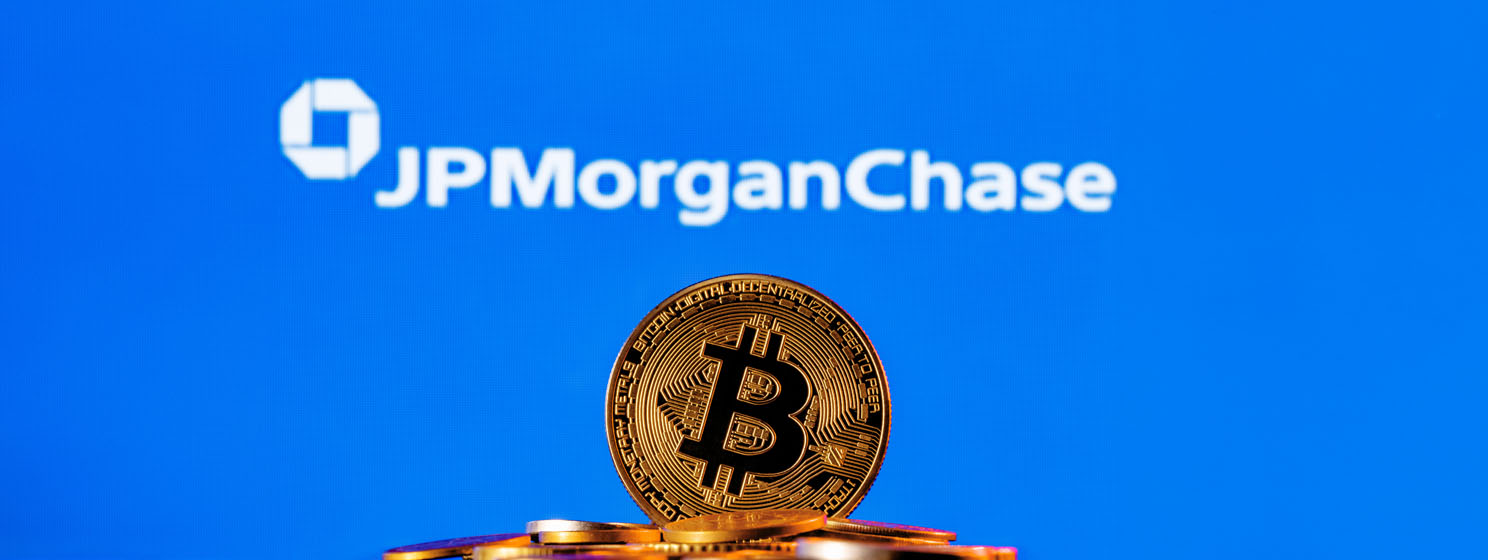|
Getting your Trinity Audio player ready...
|
JPMorgan Chase (NASDAQ: JPM) plans to lend against its clients’ digital asset holdings in its latest venture into the digital currency world, a new report has revealed.
The financial services giant has been exploring new digital asset products in recent years, and the election of Donald Trump has accelerated its efforts. According to sources from the Financial Times, it’s now weighing lending directly against digital assets from next year.
The lender, America’s largest with over $4 trillion in assets under management as of the end of 2024, would become the first major financial institution to lend against digital currency holdings. Digital asset holders have had to turn to DeFi platforms and a few smaller fintech startups to borrow against their holdings, with most lenders wary of regulatory consequences for such services.
However, the Trump administration has been the industry’s friendliest regime yet, and with the recent passing of the GENIUS Act, the sector is attracting some of the biggest names.
The FT report comes just two months after Bloomberg reported that JPMorgan was exploring allowing clients in its wealth management unit to use their digital asset ETFs as collateral. It reportedly intends to start with BlackRock’s (NASDAQ: BLK) iShares BTC Trust, which currently holds over $84 billion worth of BTC. The bank also plans to consider the digital asset holdings of its high-net-worth clients when assessing their liquidity.
However, while the U.S. is warming up to digital assets, global financial regulations have yet to catch up. For instance, the Basel Committee for Banking Supervision assigns a remarkably high risk weighting for “unbacked” digital assets at 1,250%. For context, cash and central bank reserves have a 0% risk weight, while residential property stands at 35%. Physical assets and commercial real estate are rated at 100% risk weight.
The result would be very high rates for clients who borrow against digital assets.
However, it’s worth noting that the Basel Committee only recommends and does not enforce regulations.
Beyond lending against digital assets, JPMorgan is also exploring a stablecoin. During an earnings call, CEO and digital asset sceptic Jamie Dimon said the bank can’t afford to sit on the sidelines as its rivals venture into the sector.
“We’re going to be involved in both JPMorgan deposit coin and stablecoins to understand it, to be good at it,” he stated.
However, his skepticism still crept in as he added, “I don’t know why you’d want to [use a] stablecoin as opposed to just payment.”
Dimon said JPMorgan fears it could cede ground in the payments and funds transfer sector to fintech startups capitalizing on stablecoins to offer low fees and fast transactions.
“They’re trying to figure out a way to create bank accounts, to get into payment systems and rewards programs, and we have to be cognizant of that. And the way to be cognizant is to be involved.”Western Union views stablecoins as an opportunity
While stablecoin startups threaten to gradually eat into JPMorgan’s payments turf, cross-border fund transfer operators are under a much more immediate threat. However, Western Union (NASDAQ: WU) now says that it views stablecoins as “just one more opportunity to innovate.”
In a Bloomberg interview, CEO Devin McGranahan said that any technology that enables faster movement of money across borders benefits the company and its clients, including stablecoins.
Western Union is one of the world’s largest remittance firms and claimed to handle 25% of the global remittance traffic in 2024.
While some financial giants like JPMorgan and Citi (NASDAQ: C) are exploring issuing stablecoins, WU believes the best approach is to utilize them for the transfers, but then offer a platform to convert them back to fiat for the recipients.
“We’re also exploring other partnerships with people who want onramps and offramps…to enable people to purchase and sell stablecoins. Finally, we’re investigating how we might offer stablecoin products in our digital wallets to our customers around the world,” McGranahan stated.
Western Union joins dozens of financial institutions looking to integrate stablecoins as the Trump administration continues to support the sector. However, some industry leaders are wary of surrendering their dominance by turning to the existing stablecoins and are keen on developing their own. In one such project, JPMorgan is reportedly working on a joint stablecoin with Citi, Bank of America (NASDAQ: BAC), and Wells Fargo (NASDAQ: WFC).
Watch | Spotlight On: Centi Franc—the truly stable stablecoin

 02-27-2026
02-27-2026 




